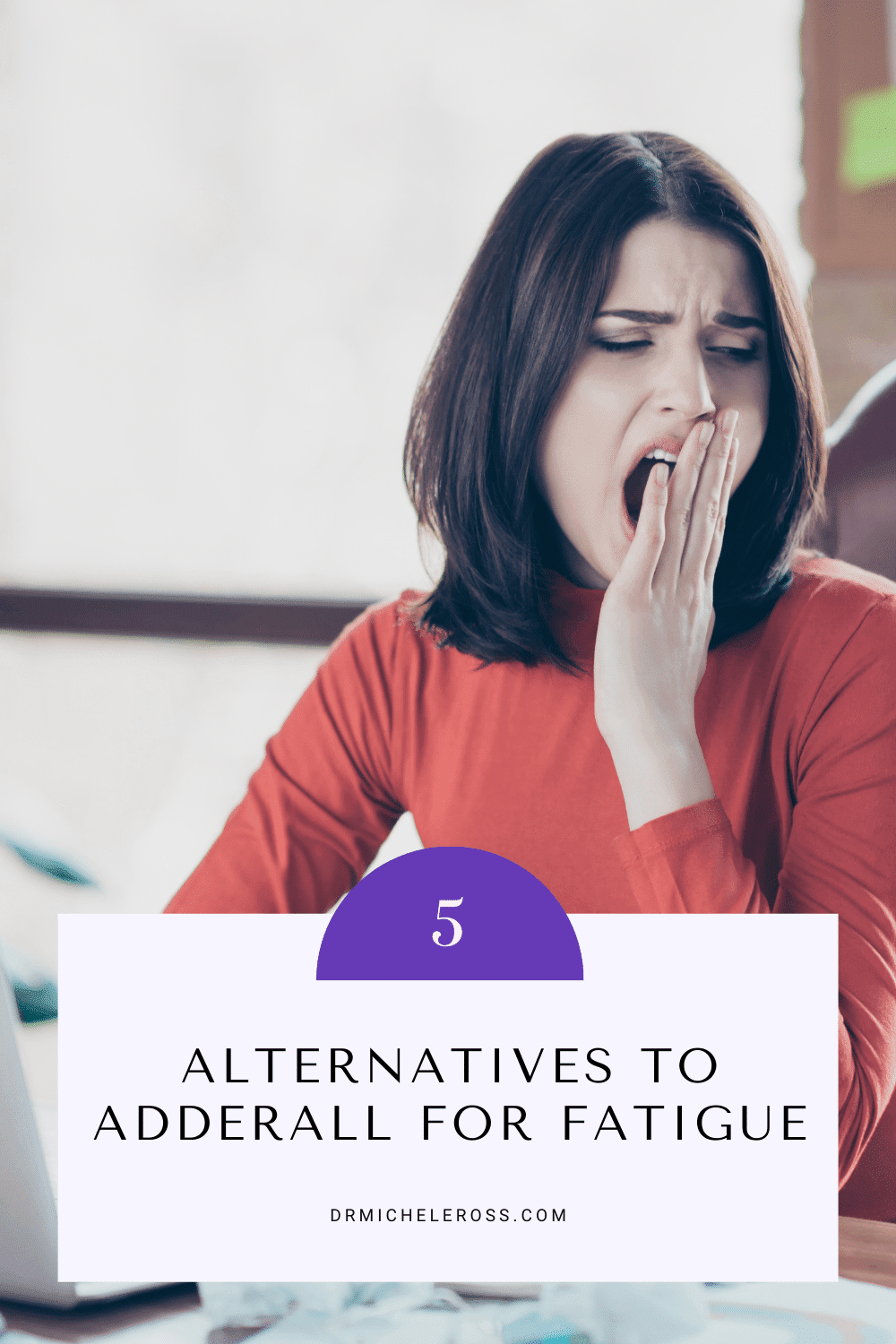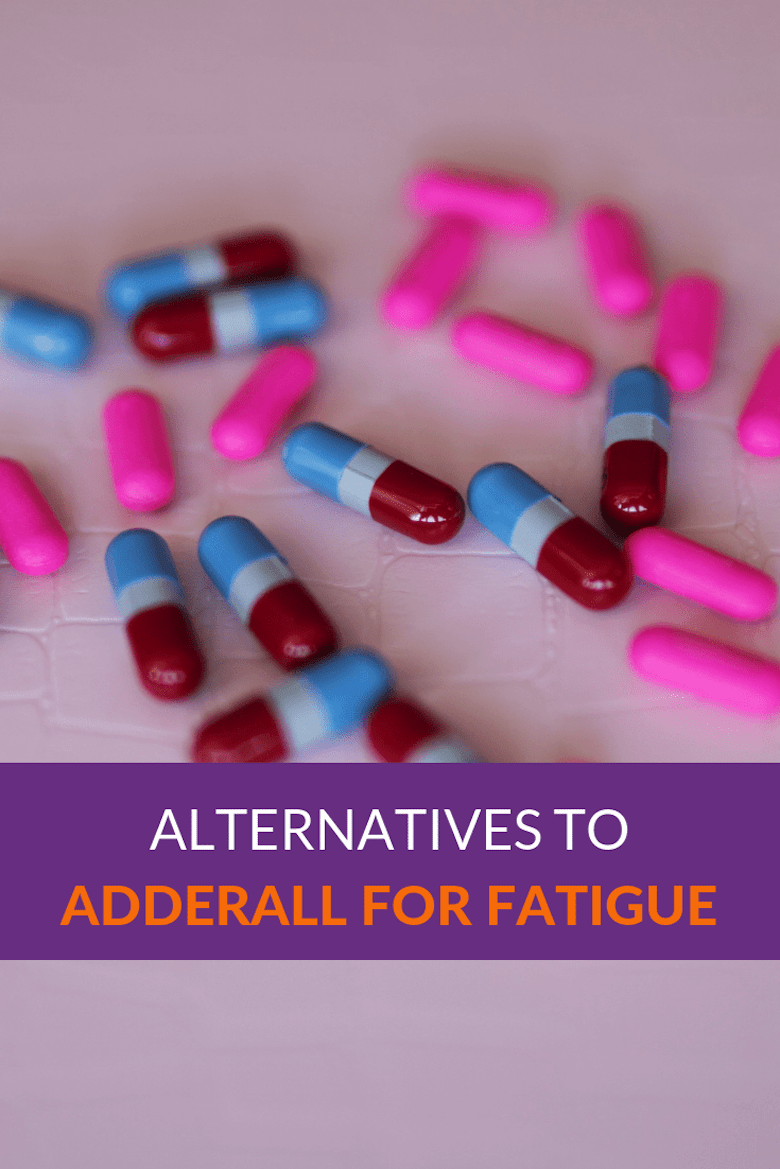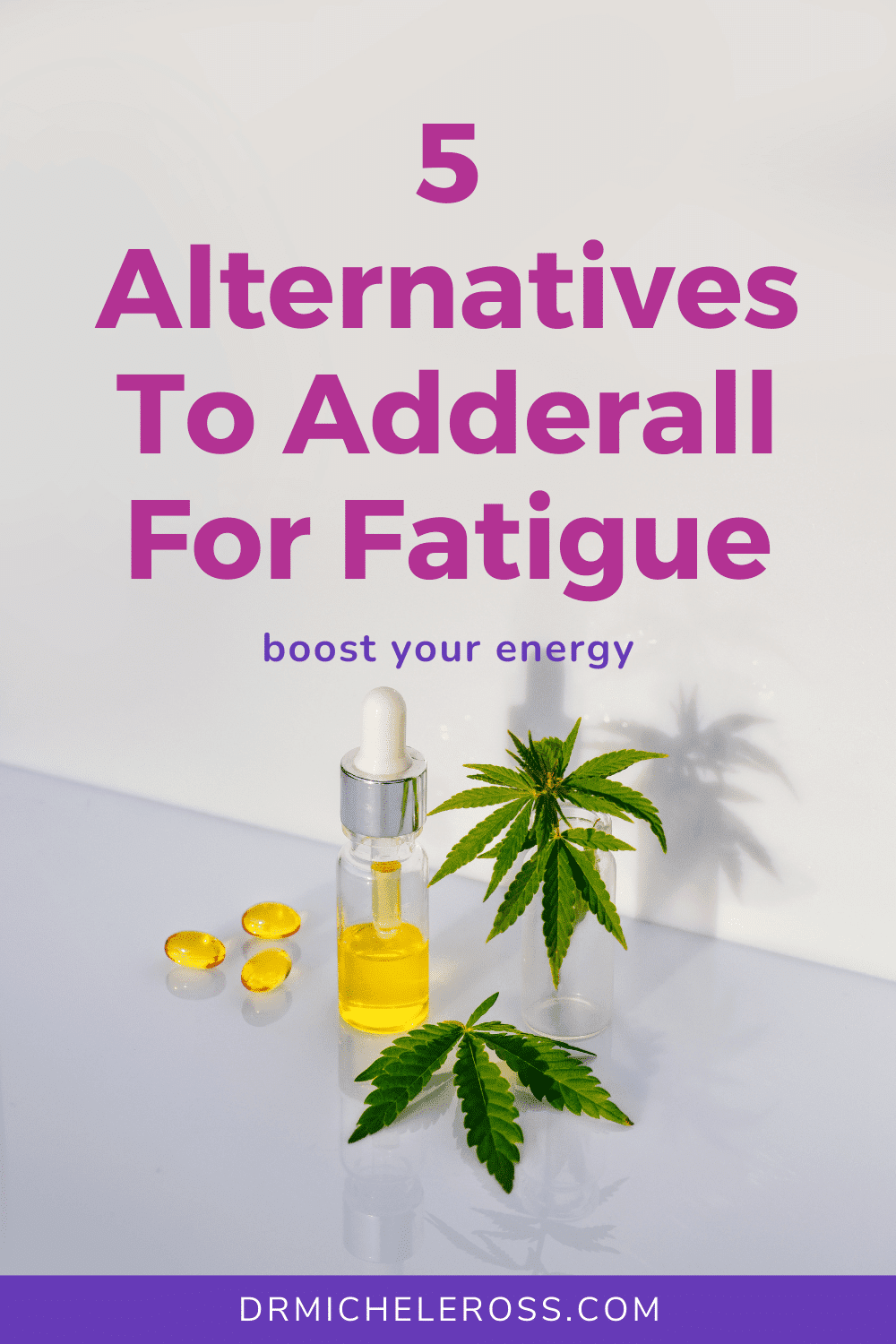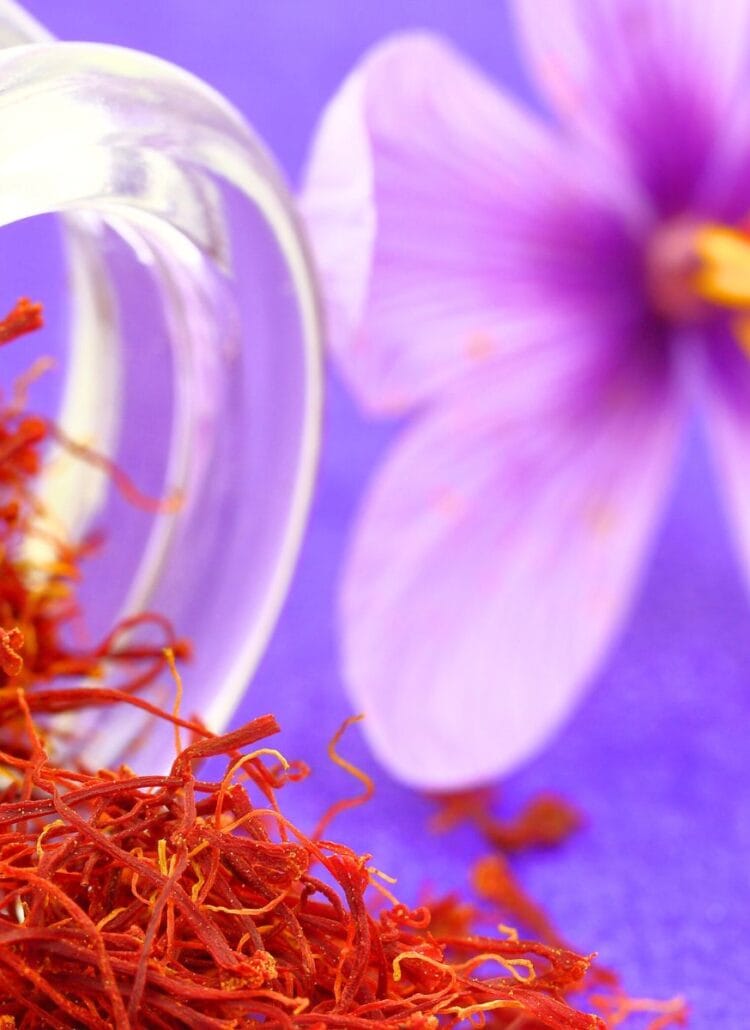
Adderall, generic name dextroamphetamine and amphetamine, is prescribed as a treatment for attention deficit hyperactivity disorder, or ADHD. Adderall is a stimulant, which helps people with ADHD focus and control symptoms of inattention, impulsivity and hyperactivity. A side effect is that Adderall increases wakefulness and can cause insomnia.
Adderall can be used off-label to combat fatigue, but there are other prescription drugs that can treat fatigue. Fatigue can be caused by many things, including multiple sclerosis, chronic fatigue syndrome, fibromyalgia, depression, cancer
Modafinil
Modafinil, marketed as Provigil, is prescribed to increase wakefulness in patients with sleep disorders such as narcolepsy, obstructive sleep apnea and shift work sleep disorder. It is used off-label to treat other disorders, such as ADHD, due its stimulant properties, and it may be useful for treating fatigue in patients who do not suffer from sleep disorders.
Methylphenidate
Methylphenidate, marketed as Ritalin or Concerta in extended-release form, is common used to treat ADHD but is also used off-label to treat fatigue. Methylphenidate is a stimulant similar to Adderall and modafinil. Several studies, including a 1998 study at Christie Hospital in England by Chaturvedi and Macguire and a 2001 study by Sarhill and others at the Cleveland Clinic, found that methylphenidate is clinically effective in reducing fatigue in patients with cancer.
Amantadine
Amantadine, marketed as Symmetrel, is an antiviral drug used to treat influenza. It is also used to treat fatigue in patients with multiple sclerosis, or MS. In several clinical trials, 100mg of amantadine twice a day was found to be effective in treating MS-related fatigue.
Caffeine
Caffeine is an over-the-counter alternative to Adderall for fatigue. Caffeine is a natural stimulant commonly found in sodas, coffee and chocolate. Because caffeine is less potent than Adderall or methylphenidate, large doses or more frequent intake of caffeine would be necessary to offset fatigue. For patients with severe fatigue, caffeine is likely to be ineffective.
CBD Oil
Cannabidiol (CBD) is a cannabinoid found in many hemp and cannabis products. CBD works by increasing the amount of anandamide, your body’s natural endocannabinoid, that binds to cannabinoid receptors. It’s not clear how stimulating the endocannabinoid promotes wakefulness, but CBD is highly effective for patients with fatigue.

CBD combined with caffeine can be a great alternative to stimulants for fatigue. I use Ladykind Rise Up Tincture to keep me focused without jitters or anxiety in the morning. CBD has really worked to increase my energy and beat fatigue associated with my fibromyalgia.
This article, written by Dr. Michele Ross, was originally published on Livestrong.com & adapted.
Pin This Post








